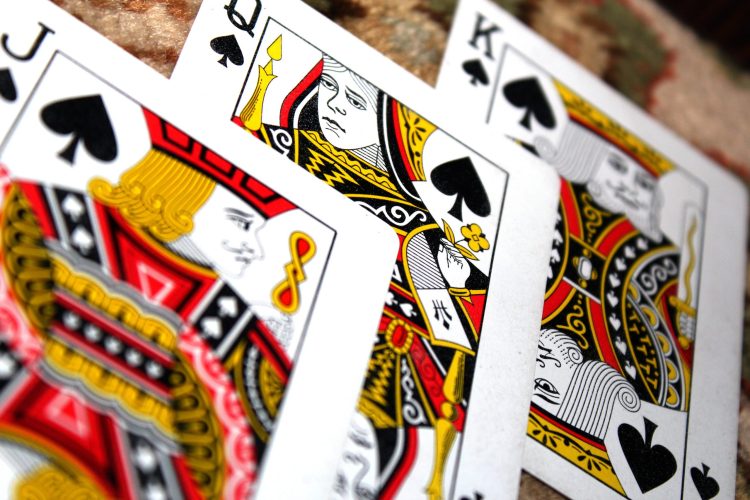Would good bridge players make good poker players and vice versa? It’s not a simple question. For all the similarities between the two games, there are just as many differences.
Bridge Vs Poker – What’s the Difference?

What are the Differences and Similarities Between Bridge and Poker?
Would good bridge players make good poker players and vice versa? It’s not a simple question. For all the similarities between the two games, there are just as many differences.
The Differences
The first is obviously the popularity of the games. Poker is arguably the most widely played card game in the world, especially since the online version of the game has taken off in such a major way. So now, even an online casino that provides a range of table games like roulette, card games like blackjack and baccarat and the ever-popular slots will often also include a poker game or two.
This is also made possible because poker is a game to be played solo, unlike the pairs of bridge. Naturally, this creates a very different mindset in the player when everyone around the table is an opponent and there is no chance for co-operation.
Then there is the differing level of complexity in the games. The basic rules of poker can be picked up relatively quickly while bridge may seem a mystery for a considerable length of time. This also has an effect on the way in which the two games are played. In poker, boldness and calculated risk-taking will sometimes pay off, while in bridge, it’s wiser to take a more measured approach.
Moving on to tournaments, in bridge, these tend to be smaller-scale affairs with relatively small prizes on offer, certainly compared with the millions of dollars to be won at events like the World Series of Poker.
The Similarities
To start with, they are both card games in which players place bids or bets, depending on just how good they believe their hands are. This has a considerable amount to do with the feeling a player has about the strength of their opponents’ hands and can have as much to do with intuition as it can with knowledge of the facts.
They are, therefore, both games in which luck can play a considerable part as well as having the innate skill needed to master them. To gain this skill, it’s also a question of practice, study and receiving tuition that will be critical. There’s even a theory that it might take up to 10,000 hours to become truly expert (although becoming proficient will take considerably less time).
In both games, tournament play is the ultimate aim but these contests have relatively little in common. Both games rely on the player’s ability to carry out quick mathematical calculations concerning odds and probabilities in order to inform their decision making.
So, as you can see, there is considerable crossover between the two games as well as there being a wide gulf between them. However, that’s not to say that it’s one that’s ever too big to be crossed.








